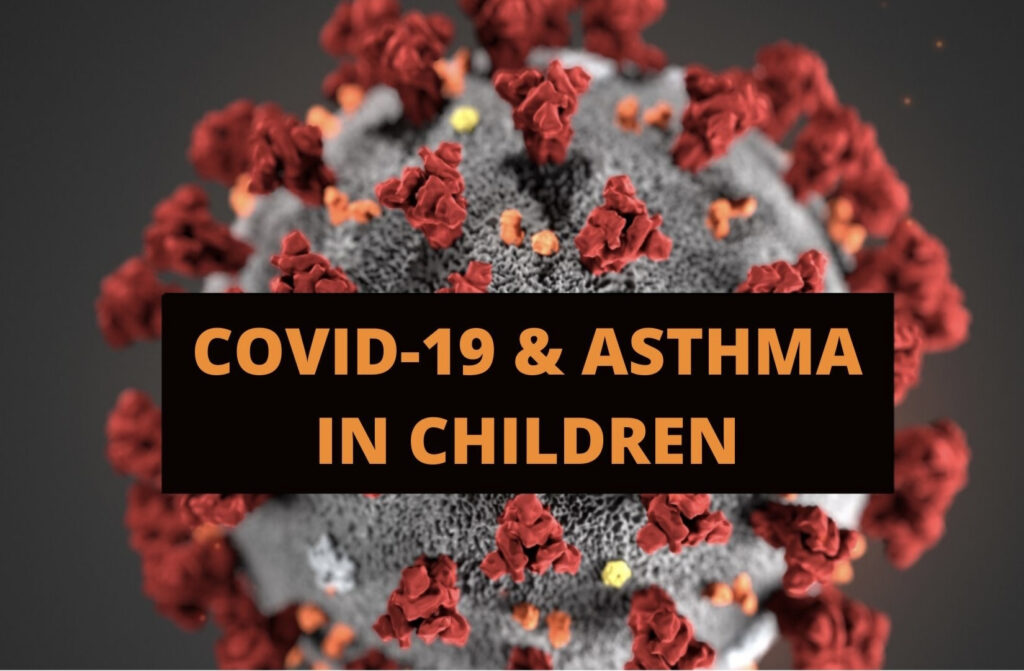Written by Bhaskar Paliwal, Jyotsna Mehta
Is your asthmatic child more susceptible to coronavirus? Should you take your child to scheduled medical appointments? Is asthma a risk factor for COVID-19 infection in children? Does the intensity or control of asthma affect the disease progression? Are asthma treatments beneficial or harmful? Every parent of an asthmatic child has plenty of other unanswered questions.
The current global COVID-19 caused by the severe acute respiratory syndrome coronavirus-2 (SARS-CoV-2) virus outbreak started from Wuhan, began in or around December 2019. COVID-19 was declared a pandemic health emergency by the World Health Organization on January 30th, 2020. However, COVID-19 has continued to spread rapidly since then, and it is now the most severe pandemic in 100 years.
No significant evidence has been observed on pediatric asthma as a comorbidity for COVID-19 after looking at several studies to see how the COVID-19 affects the pediatric population with asthma. The first published pediatric case was in January 2020; the patient was a 10year old kid from Shenzhen, China, whose family had visited Wuhan. So far, all epidemiological evidence indicates that SARS-Co V-2 infection in children is less severe than in adults. Only 239 (2%) of the 16,749 patients hospitalized for COVID-19 in the UK’s most recent and most significant research were under 18. According to Chinese guidelines, “Children with a history of contact with severe 2019-nCoV infected cases, or with underlying conditions such as congenital heart disease, bronchial pulmonary hypoplasia, respiratory tract anomaly, with abnormal hemoglobin level, severe malnutrition, or with immune deficiency or immunocompromised status… may become severe cases.”
A study carried out by Nicholas M. MD, MPH; Massachusetts general hospital highlighted some unexpected risks COVID-19 has on Asthma control in children. Due to the pandemic, many medical practices are limited to tele-health visits. As a result, tele-health offers immediate access to health care and decreases ER visits following the pandemic. By implementing social distancing and stay-at-home orders, children are no longer exposed to viruses from other children that can cause respiratory illnesses resulting in exacerbating asthma.
The primary studies to date have only reported the number of cases by age group; thus, it is unclear whether COVID-19 risk or severity is linked to childhood asthma or other pediatric respiratory disorders.
About Keva Health
Keva Health’s platform is integrating innovative remote monitoring functionality with evidence based self-monitoring programs for patients with chronic respiratory diseases to improve outcomes and reduce cost. Please contact us at [email protected] for more info.



Leave a Reply
You must be logged in to post a comment.